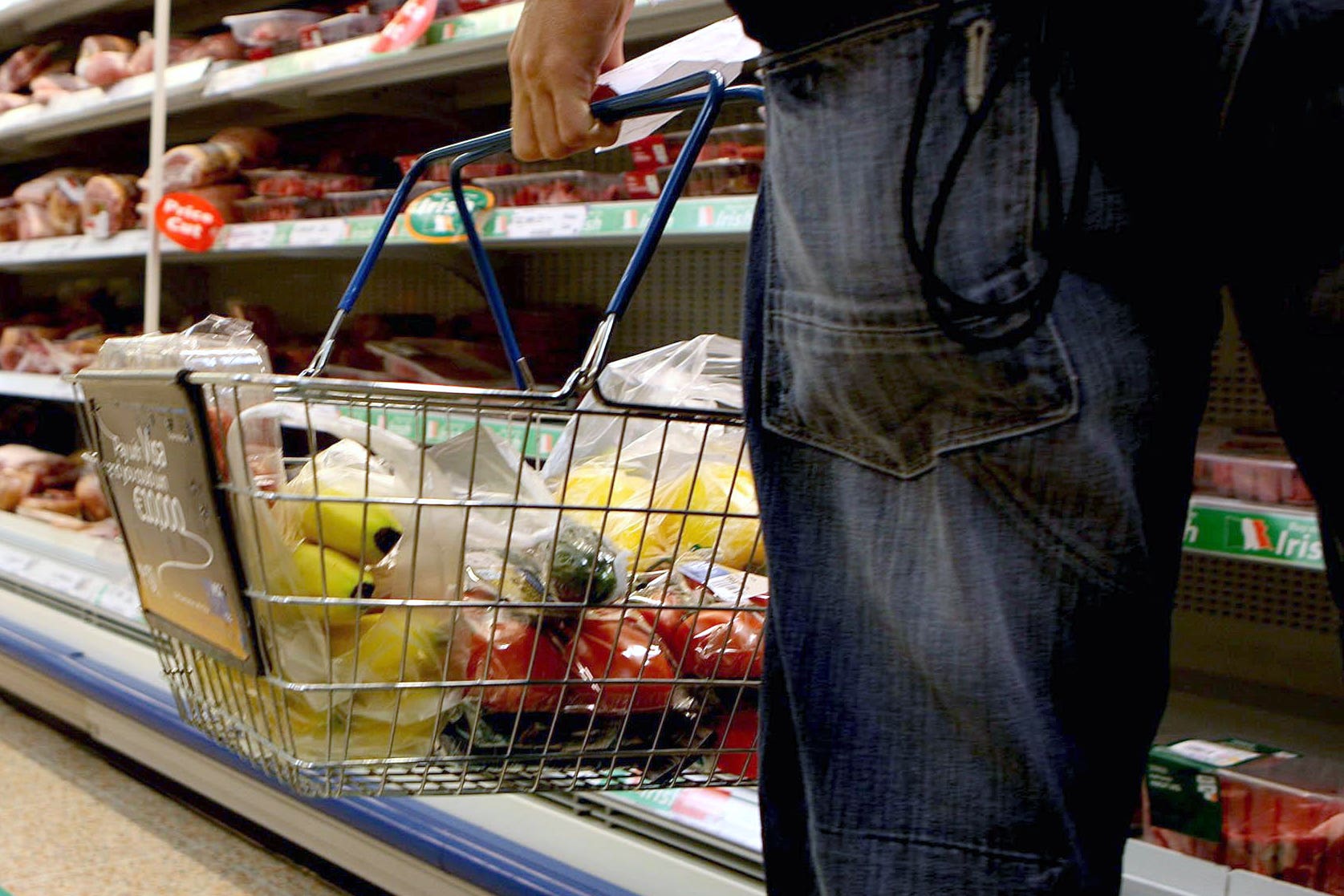More than 80% of shoppers concerned about supermarket ‘shrinkflation’ – survey
Some 18% of consumers reported switching to brands which had not changed their sizes.

Your support helps us to tell the story
From reproductive rights to climate change to Big Tech, The Independent is on the ground when the story is developing. Whether it's investigating the financials of Elon Musk's pro-Trump PAC or producing our latest documentary, 'The A Word', which shines a light on the American women fighting for reproductive rights, we know how important it is to parse out the facts from the messaging.
At such a critical moment in US history, we need reporters on the ground. Your donation allows us to keep sending journalists to speak to both sides of the story.
The Independent is trusted by Americans across the entire political spectrum. And unlike many other quality news outlets, we choose not to lock Americans out of our reporting and analysis with paywalls. We believe quality journalism should be available to everyone, paid for by those who can afford it.
Your support makes all the difference.Four-fifths of shoppers are worried about supermarket “shrinkflation” and are turning away from their favourite brands as a result, according to a survey.
Some 81% of consumers said they were concerned about buying smaller-sized items at original prices, with 29% buying their favourite product less often as a treat, and 18% switching to brands which had not changed their sizes, Barclays found.
In June, 70% of Britons had noticed examples of shrinkflation, up from 65% in May – particularly when buying chocolate (46%), crisps (42%), packets of biscuits (37%) and snack bars (32%).
Shoppers also reported seeing shortages of certain products at the supermarket, with 37% noticing that some basic items including eggs, fresh produce and tinned staples were regularly unavailable.
A fifth (20%) believed there were fewer new products being introduced onto the shelves.
Spending on groceries soared 9.5% year-on-year in June – the highest growth in the category in two years but still lower than the rate of food inflation at 18.4%.
Some 67% of shoppers said they were trying to cut the cost of their weekly shop, with 32% shopping at multiple supermarkets to find deals and 39% buying more “yellow sticker” items.
Spending in discount stores was up 8.8%, the largest growth since April 2021.
Barclays reported consumer card spending grew 5.4% year-on-year in June, up from May’s 3.6%, as the warm weather encouraged consumers to shop for summer clothes and socialise at pubs and bars.
Spending on non-essential items increased by 5.7% over the month as the sunny weather drove demand for socialising with friends and family.
Spending at pubs, bars and clubs increased by 8.4% as a result of the weather, rising beer prices and Father’s Day celebrations.
But spending in restaurants fell 8.2%, its sharpest rate since January, as 30% of Britons said they planned to spend less on eating out to offset rising household bills.
June saw Brits get into the swing of summer, bringing a welcome boost to several sun-starved categories
Meanwhile, spending on airlines increased 33.5% as households prioritised summer holidays abroad, outpacing demand for staycations.
Esme Harwood, director at Barclays, said: “June saw Brits get into the swing of summer, bringing a welcome boost to several sun-starved categories.
“Pubs and bars benefited from Brits soaking up the sunshine in beer gardens, while butchers and garden centres saw a jump thanks to the arrival of barbecue season.
“Even clothing retailers, which have struggled since the start of the cost-of-living crisis, returned to growth, as consumers took advantage of the heat to refresh their summer wardrobes.”
Opinium surveyed 2,000 UK adults between June 23 and 27.